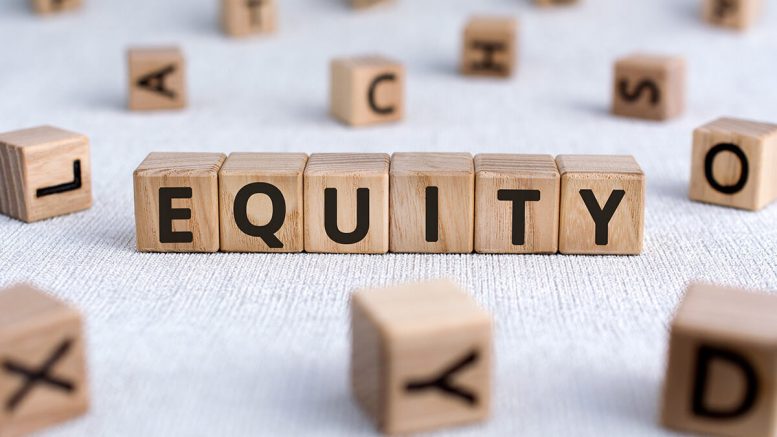The theme for the 2023 International Women’s Day (IWD) is ‘#EmbraceEquity.’ Curious to know more about the various themes adopted by IWD, I went back a decade to explore the same. This is what came up:
2022: #BreakTheBias
2021: #Choose to Challenge
2020: #EachforEqual
2019: #BalanceForBetter
2018: #PressforProgress
2017: #BeBoldForChange
2016: #PledgeforParity
2015: #MakeitHappen
2014: #InspiringChange
2013: #March4Women
Every year, the IWD committee gets together with stakeholder representatives to deliberate upon the current status of women’s rights and issues. What has changed? Where do things need to change? What are the emerging issues that affect women? What are the new challenges that women grapple with?
A common consensus of the above leads to a thoughtful decision, research and analysis of the most appropriate and relevant theme for the year.
Irrespective of the theme, the underlying message is that inequalities, disparities, discrimination and bias, all need to be addressed so as to promote inclusion and equity across gender.
The comparison syndrome
Despite the above well recognised movement by IWD that celebrated by many organisations, women still have a long way to go.
Over my years in working with women, speaking with them and reaching out to them in rural communities, what stands out is the ‘comparison syndrome.’
‘She is better than me.’
‘His child performs better than my daughter does.’
‘My neighbor’s house is much bigger than mine.’
‘My wealth fails in front of my rich friends.’
“He became a leader last year. And I am nowhere there.’
Sounds familiar does it not?
We all go through comparison syndrome. It is a kind of default mechanism that occurs unconsciously/subconsciously when we meet someone else. However, when you try to keep up with the Joneses at regular intervals and get obsessed with the comparison, things can go all wrong.
Research done over the years has found that women tend to compare themselves more than men. The comparison could be across physical appearance, career growth, education, achievements, relationships, etc. This may trigger negative thoughts related to self-esteem.
This is however not to say that men do not go through social comparison. They do. Only, the societal pressures or cultural norms expected of women puts a higher pressure on women to perform, outperform and prove themselves.
The quote – ‘Comparison is the end of happiness and the beginning of discontent’ kind of sums up perfectly the impact and outcome of comparison syndrome.
Comparison and Equity
Knowing the above, can we use comparison to provide us with a sense of equity? When we know that comparisons can reinforce existing inequalities, how do we turn around the situation to promote equity?
For instance, pay parity issues can be a great agenda point for #embracingequity. This can lead to better representation of women in companies and also promote the whole diversity, equity, and inclusion (DEI) discussion.
The latest GWPR (Global Women in PR) annual index also points out to increasing ageism as an issue that women struggle with. Can we use that data to rectify the situation and ensure there are equal opportunities for everyone at every level, irrespective of age?
Comparative analysis of career trajectory of men and women can also pave the path to break stereotyping and discrimination. By identifying the gaps, it is possible to put forth solutions and remedies.
However, not every time will comparison serve as the right tool to arrive at equity. Women and men will need to work on themselves. To overcome comparison and embark on a journey of a better self, try to focus on your own values, be grateful for what you have, and be kind to yourself. That can be the beginning to an equal ‘us’.
The views and opinions published here belong to the author and do not necessarily reflect the views and opinions of the publisher.



Be the first to comment on "What do we need to do more for equity"